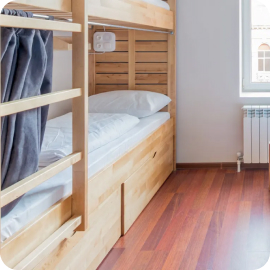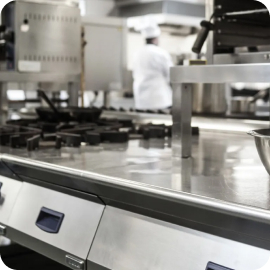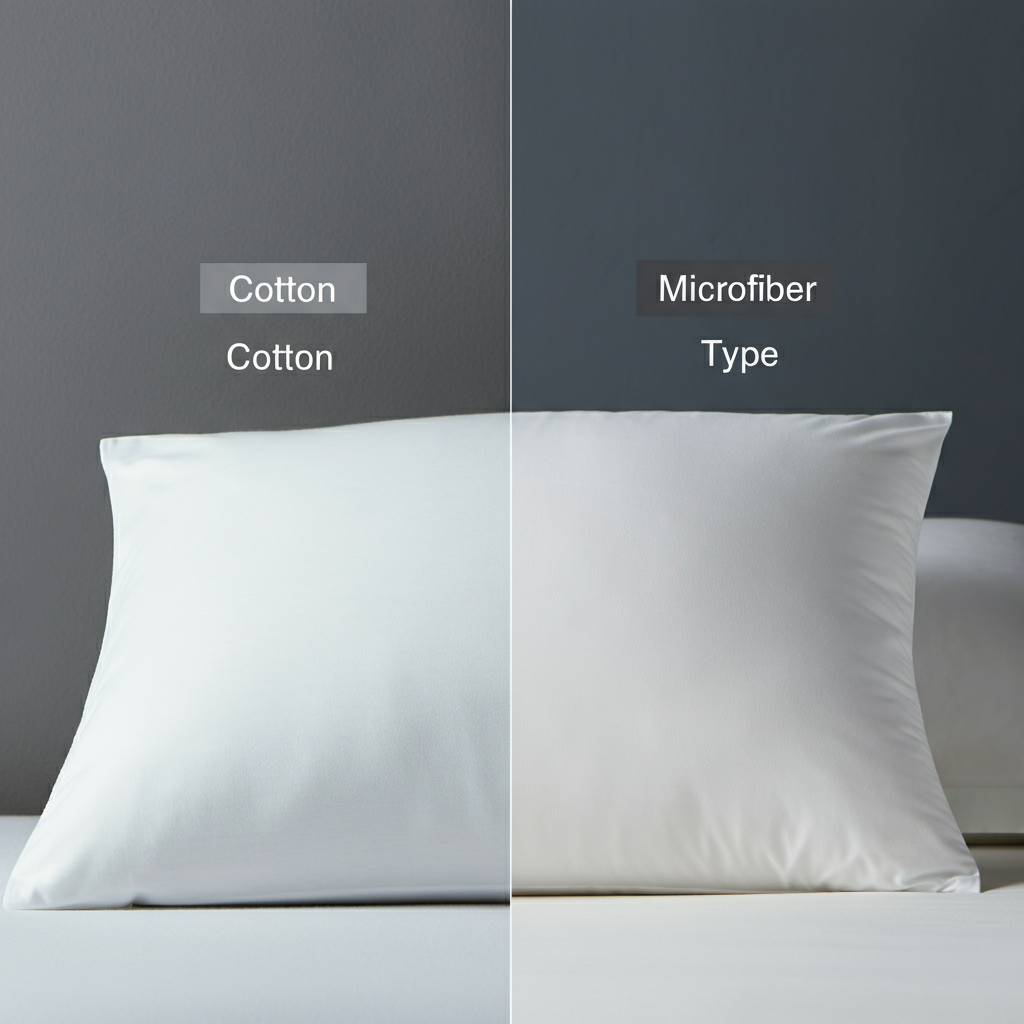
November 27th 2025
Black Friday Hotel Supplies Deals: Maximize Savings
Maximize Savings: Black Friday Hotel Supplies Black Friday is not just for electronics and clothing anymore. It's a golden opportunity for hotel owners and managers to maximize savings on essential su...
Read Article





















